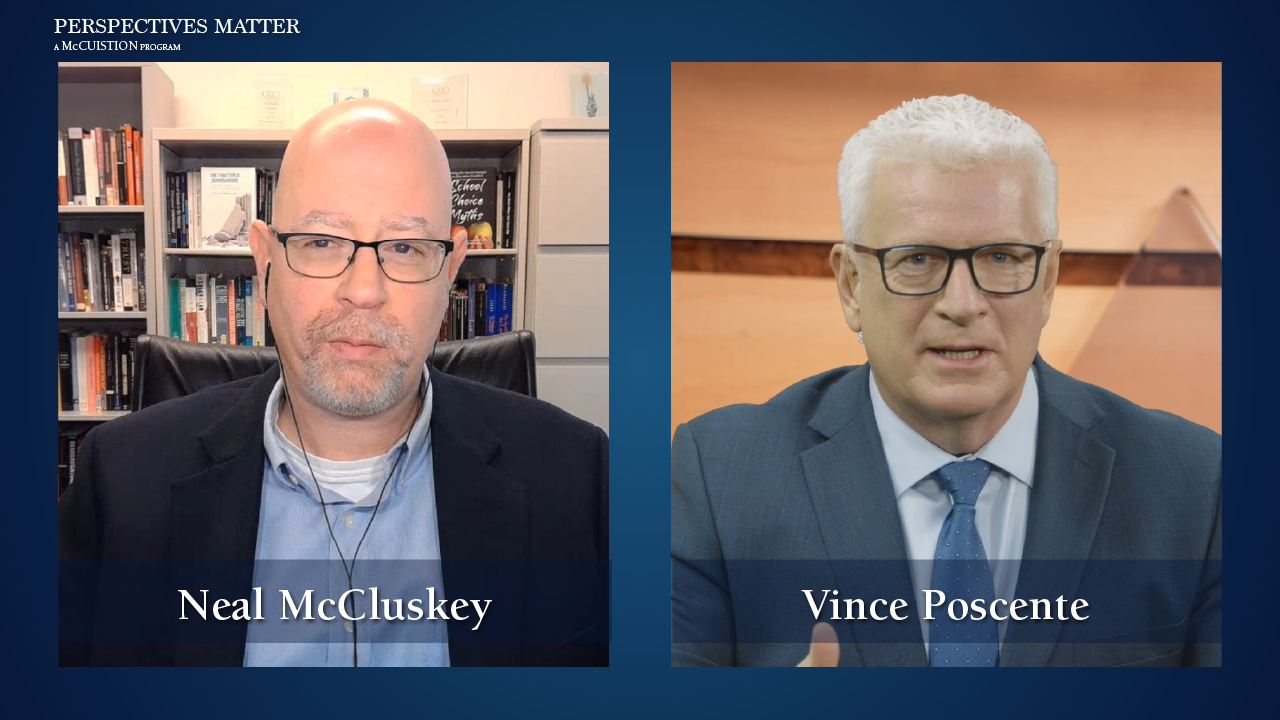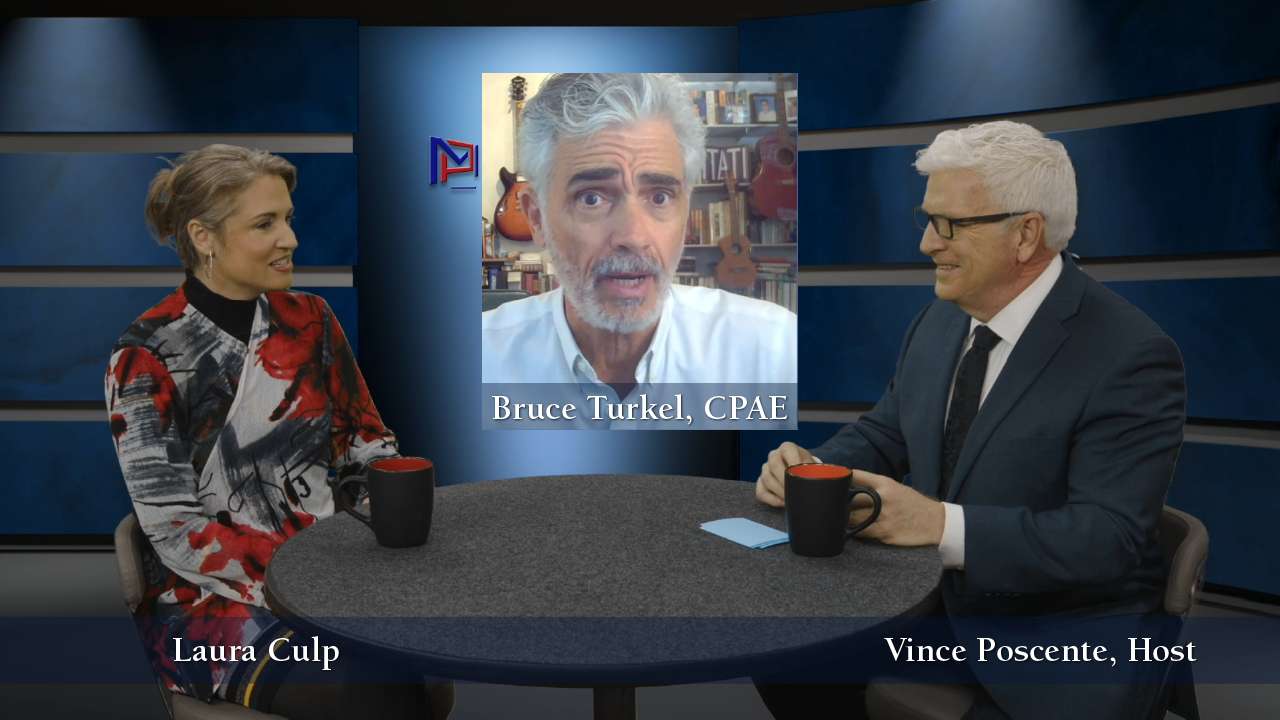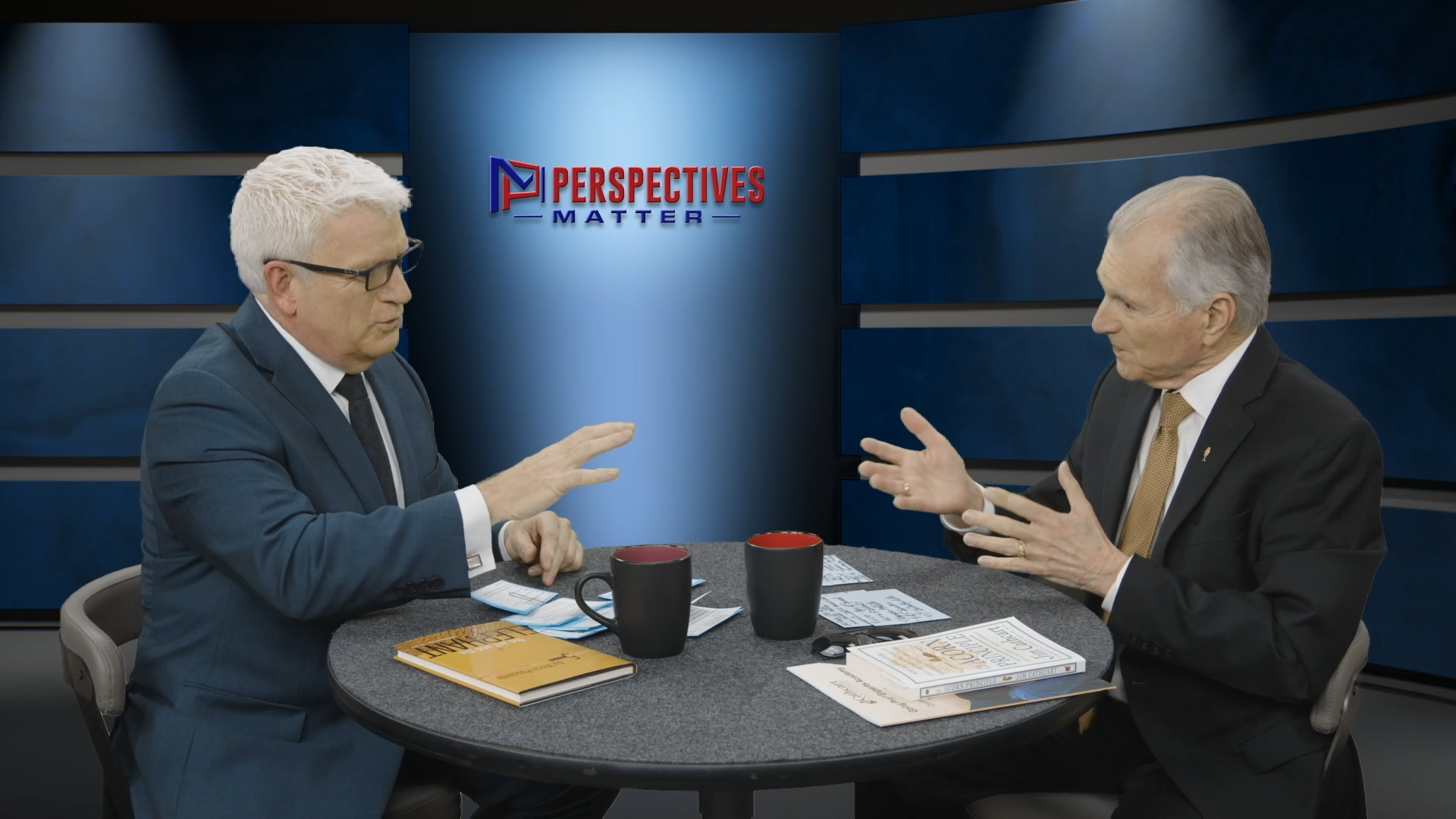The good news is we are living longer; the bad news is that as a result more of us will have brain issues such as dementia and Alzheimer’s. The Center for Vital Longevity tells us: “Our rapidly aging society represents one of the biggest challenges that our country has ever faced.” Yet, the research, prevention and treatment options are increasingly optimistic.
Guests:
- Denise C. Park PhD: Professor and Distinguished Chair in Behavioral and Brain Sciences, University of Texas at Dallas; Co-Director: UT Dallas Center for Vital Longevity
- Michael Rugg, PhD: Professor and Distinguished Chair in Behavioral and Brain Sciences University of Texas at Dallas; Co-Director: UT Dallas Center for Vital Longevity
- Mike Spencer: President & CEO, Alzheimer’s Association of Greater Dallas
Joining us via a previously taped interview, Dr. Reisa Sperling, Associate Professor of Neurology at Harvard Medical School and one of the leading researchers in the U.S. on Alzheimer’s, answers: “Can we detect this, dementia/Alzheimer’s, and do we actually want to?”
In 2011 a national Alzheimer’s act was passed into law by Congress and our President, setting in motion our government really looking at the impact of this disease; critical to an aging population. Today 5 million Americans have Alzheimer’s- with a prediction of 16 million by mid-century. Mike Spencer tells us it costs $200 Billion dollars a year to take care of people experiencing Alzheimer’s; yet the National Institute of Health states that only $480 million is devoted to the research of this disease, compared to $3 billion for HIV research, $4 billion for heart disease and $6 billion for various cancers.
“The reality is that deaths from these diseases have gone down from 2000-2008 and deaths from Alzheimer’s have gone up by 66%. If we don’t do something right now we are going to be overwhelmed…” He says, “The emotional impact is tremendous, no-one should have to go through Alzheimer’s alone.”
The Alzheimer’s Association has 70 chapters around the country, helping care givers cope with the impact of this disease.
The good news is that The Center for Vital Longevity and its studies of normal healthy brains and those with problems, is making tremendous strides. Dr. Parks tells us, “I feel reasonably confident that the children of Boomer’s might not have this terrible scourge.”
Dr. Rugg warns, “Throwing money at the problem doesn’t necessarily make things better.” He acquaints us with the symptoms: everyday memory loss, severe loss of other kinds of functions, “leading to a very confused individual who really can’t live a very coherent life at all.” Still evidence suggests that keeping ourselves in very good physical shape, aerobic exercise, being mentally active and socially engaged help.
New research is increasingly shedding light on how the brain ages, and we can now tell the differences between normal memory loss, Alzheimer’s, and other forms of dementia. Dr. Sperling says, “we have one agent that we know is involved in Alzheimer’s disease; we have ways of detecting it and it’s important to start early detection trails.” That ingredient, Amaloyd, is present in one third of healthy normal brains. Yet it occurs in all patients who have Alzheimer’s.
Dr. Parks says, “For the first time in history we can see into the brain and those microscopic functions we could not see before. We’re at a stage where we can make huge advances and see if an intervention actually works. This is a hopeful time and we’re on our way to solving this terrible disease.”
There is hope on the horizon for people affected by dementia and the primary cause of dementia, Alzheimer’s. The exciting changes in research and technology can help each of us make better decisions as we age. Tune into the rest of the advice from some of our leading researchers in this field on an issue that may affect you or someone you love.
Thank you once again for joining us as we talk about things that matter with people who care…
We dedicate this program to the memory of beloved Aunt Ligia Roman and our friend Jackie Billingsley both of whom very recently passed away from complications due to Alzheimer’s.
Niki Nicastro McCuistion
Executive Producer/ Producer
Management Analyst, Speaker, Consultant
nikin@nikimccuistion.com





